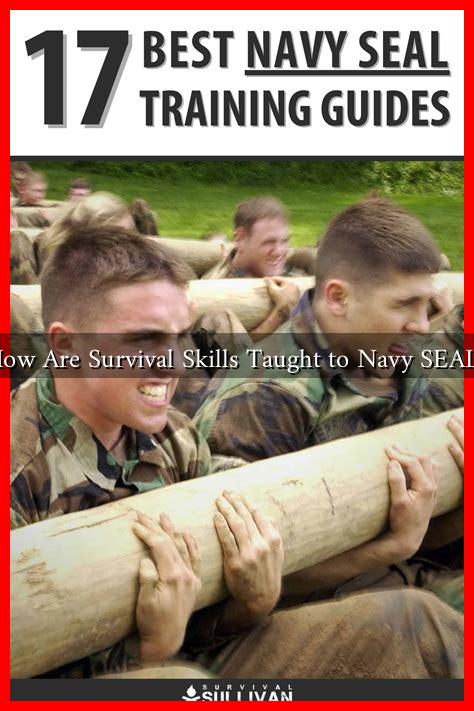-
Table of Contents
How Are Survival Skills Taught to Navy SEALs
The Navy SEALs, an elite special operations force of the United States Navy, are renowned for their rigorous training and exceptional survival skills. These skills are not just a part of their training; they are essential for their missions, which often take them into hostile environments. This article explores how survival skills are taught to Navy SEALs, the methodologies employed, and the importance of these skills in their operations.
The Foundation of Survival Training
Survival training for Navy SEALs begins with the Basic Underwater Demolition/SEAL (BUD/S) training, which is one of the most challenging military training programs in the world. This program is designed to push candidates to their physical and mental limits, ensuring that only the most resilient individuals succeed.
- Physical Conditioning: Candidates undergo intense physical training, including running, swimming, and obstacle courses, to build endurance and strength.
- Mental Toughness: SEALs are trained to handle extreme stress and adversity, which is crucial for survival in combat situations.
- Teamwork: Much of the training emphasizes working as a cohesive unit, as survival often depends on the ability to rely on teammates.
Survival, Evasion, Resistance, and Escape (SERE)
One of the key components of survival training is the SERE program, which teaches SEALs how to survive in various environments, evade capture, resist interrogation, and escape from enemy forces. This program is critical for preparing SEALs for potential capture during missions.
- Survival Techniques: SEALs learn how to find food and water, build shelters, and navigate through unfamiliar terrain.
- Evasion Strategies: Training includes tactics for avoiding detection by enemy forces, such as camouflage and stealth movement.
- Resistance Training: SEALs are taught psychological techniques to withstand interrogation and maintain operational security.
- Escape Methods: The program covers various escape techniques, including the use of improvised tools and understanding the environment.
Real-World Applications and Case Studies
The effectiveness of survival training is evident in real-world scenarios.
. For instance, during Operation Neptune Spear, the mission to eliminate Osama bin Laden, SEALs utilized their survival skills to navigate complex environments and execute their objectives successfully. Their training allowed them to adapt quickly to unforeseen challenges, demonstrating the importance of survival skills in high-stakes situations.
Statistics also highlight the significance of survival training. According to a report by the U.S. Navy, over 90% of SEALs who undergo SERE training successfully apply these skills in real-world operations, showcasing the program’s effectiveness.
Continuous Training and Adaptation
Survival skills are not static; they evolve with changing environments and threats. Navy SEALs engage in continuous training to adapt to new challenges. This includes:
- Advanced Survival Techniques: SEALs regularly update their knowledge of survival techniques, including modern technology and tools.
- Environmental Adaptation: Training is conducted in various terrains, from deserts to jungles, ensuring SEALs can survive in any environment.
- Scenario-Based Training: Realistic simulations and exercises are used to prepare SEALs for specific mission scenarios they may encounter.
Conclusion
Survival skills are a cornerstone of Navy SEAL training, essential for their success in high-pressure missions. Through rigorous programs like BUD/S and SERE, SEALs are equipped with the physical and mental tools necessary to survive in hostile environments. The continuous evolution of their training ensures that they remain prepared for any challenge they may face. As the Navy SEALs demonstrate, survival skills are not just about enduring; they are about thriving in the most adverse conditions.
For more information on Navy SEAL training and survival skills, you can visit the official U.S. Navy website at Navy SEALs.





